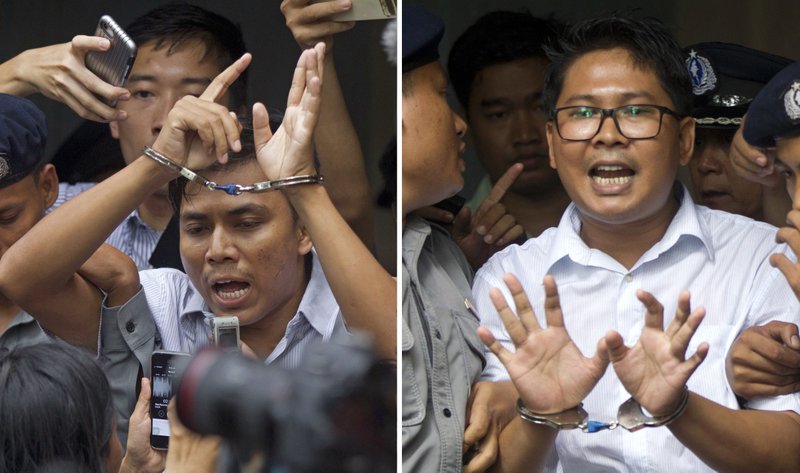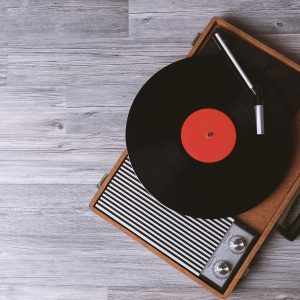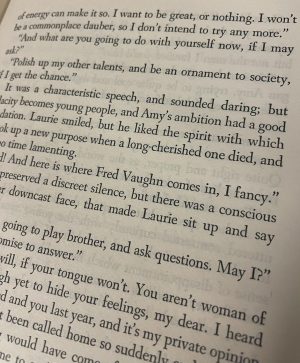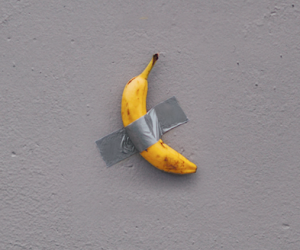The Crime of Writing
Reuters journalists Wa Lone and Kyaw Soe Oo were imprisoned in Myanmar for reporting on the massacre of the country’s Rohingya minority.
Oct 16, 2018
Originally published 13 September 2018
“Where they burn books, at the end they also burn people.” This quote, written by German poet Heinrich Heine in the 19th century, often reminds people of book burnings that occurred later in his country, and how they were followed not long after by the construction of human ovens. As a society, we’ve come to the understanding that, though ideas can and should be attacked and argued in the public sphere, we are beyond the point where violence is used to silence those whose writing strays from social and political norms. Or so we hoped.
Most writers have the misfortune to live in regimes and cultures that place great emphasis on conformity to the whims of corrupt ministers, party bosses and show-trial judges. According to Reporters Without Borders, there are currently 326 journalists in prison around the world. Most of them are in China and other illiberal regimes like Russia and Turkey. This does not even count those other writers who have been imprisoned for their fiction, poetry or memoirs. The true number is probably much higher, if not incalculable.
Last year, two journalists were imprisoned in Myanmar for reporting on the ethnic cleansing in the country’s western Rakhine state. They uncovered the murder of ten Muslim men and boys in a small village, which drove the state to crack down on such reporting throughout the province. Last week, they were convicted of “revealing state secrets,” and were sentenced to seven years in prison. How many other writers are imprisoned, with no controversy or notoriety, in that gulag archipelago?
Russian writer Isaac Babel (there have been many oppressed writers from this country throughout history) supposedly said that he had created a new genre of literature, that of silence, to describe his self-imposed internal exile under the regime of Joseph Stalin. Under Soviet Russia, it meant something entirely different from current usage to describe a writer as under fire. Such sentiments of resistance form a treasured part of the histories of literature and journalism, and we in the West like to think we have outgrown such censorship. But, like many temptations, the urge to censor occasionally raises its head, even in supposedly civilized societies.
Just this week, our Commander-In-Chief said that an article printed in The New York Times was “treason.” He said this, according to CNN, because the article supposedly documented dissension and disobedience within his administration. He did not say that said staffers were treasonous, but that The New York Times was. This did not elicit the same shock within the general public that might have been if, say, Richard Nixon had made a similar charge against a news organization in the 1970s. We have come to dismiss Trump’s remarks because he has made numerous ridiculous and hyperbolic statements in the past few months, comments that would have toppled the legitimacy of previous administrations. Perhaps our culture has succumbed to a malaise of complacency, since we have no history of prison camps, which George Orwell joked was the reason British literature was subpar in his day.
Writers like Babel and Heine understood the necessity of the freedom of speech: that when we imprison writers, we imprison ideas. We will never know how much writing has been lost at the hands of state supresson, and we should be vigilant about all this easy talk in our country about writers as “the enemy of the people.” How many Shakespeares were lost in Siberia, and how many Twains languish in prison in Beijing? And, more importantly, how much has been left unpublished, contributing to that ever-expanding genre of silence? If we continue to ignore this rhetoric, we may lose our sense of freedom, and become accepting of the idea that some ideas and writers belong behind bars.
Contact Darren Mikus at [email protected]












